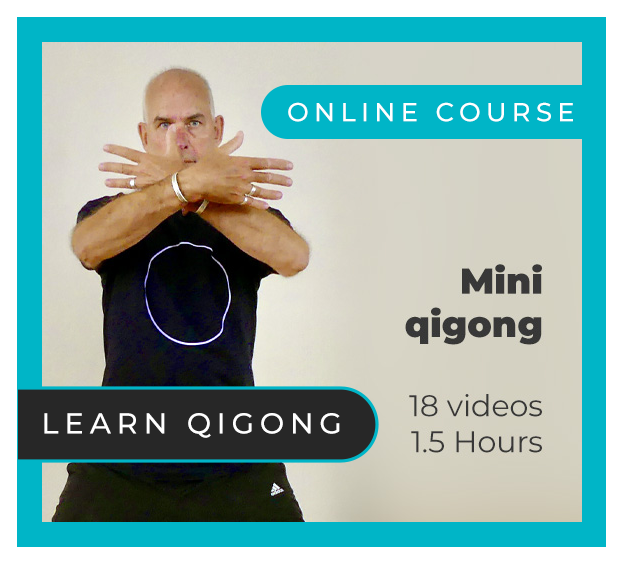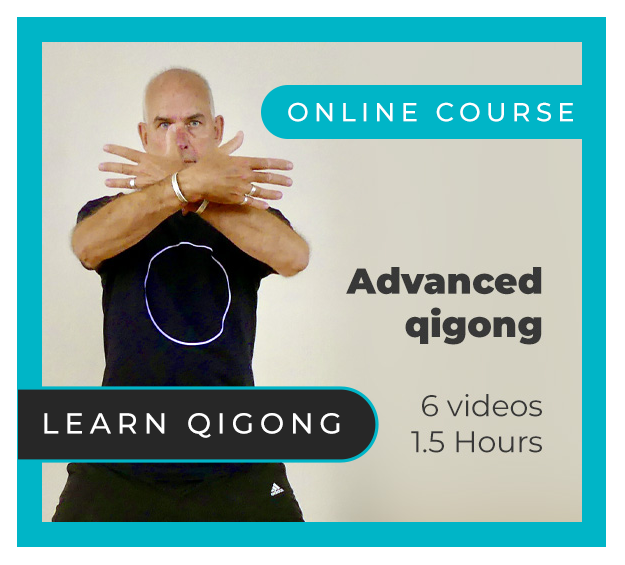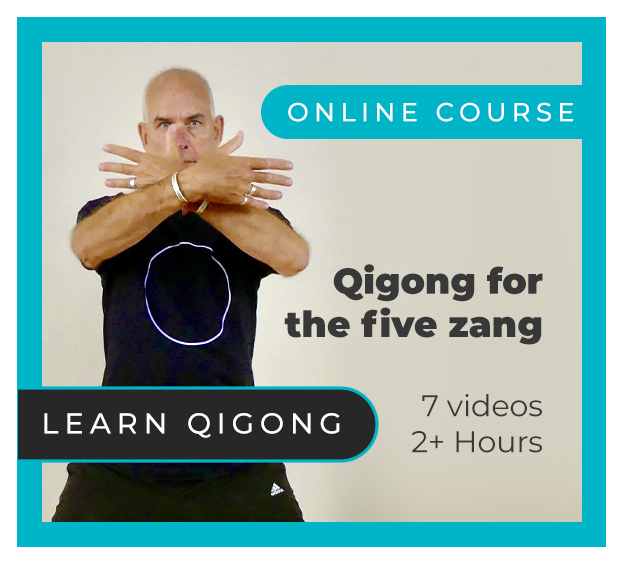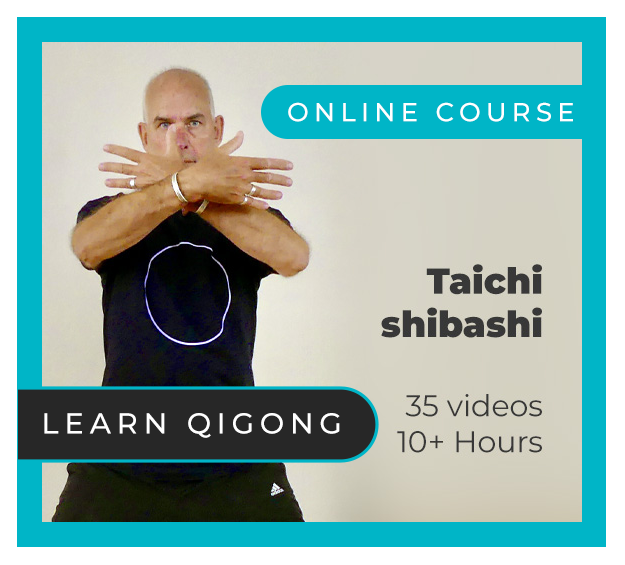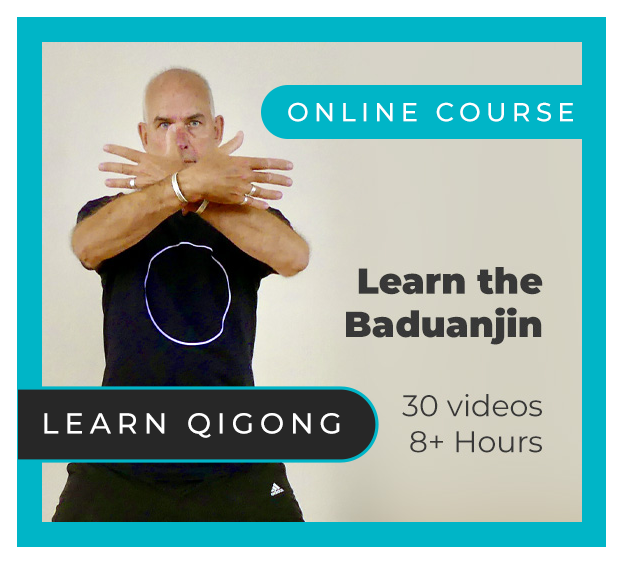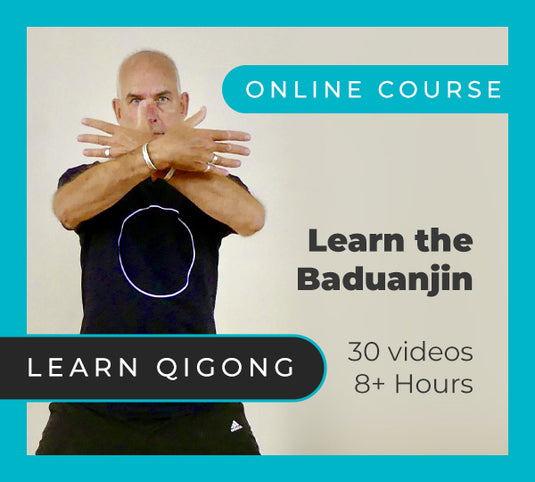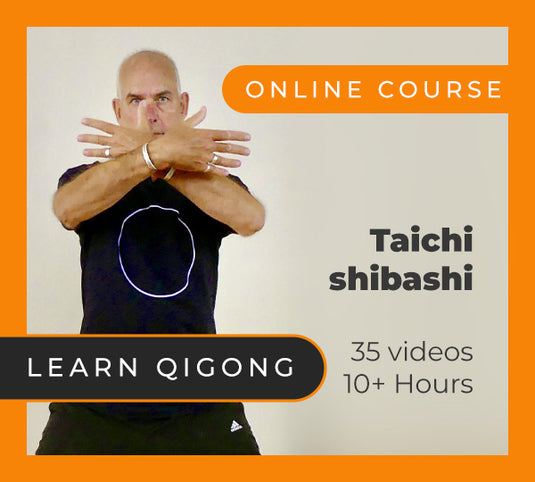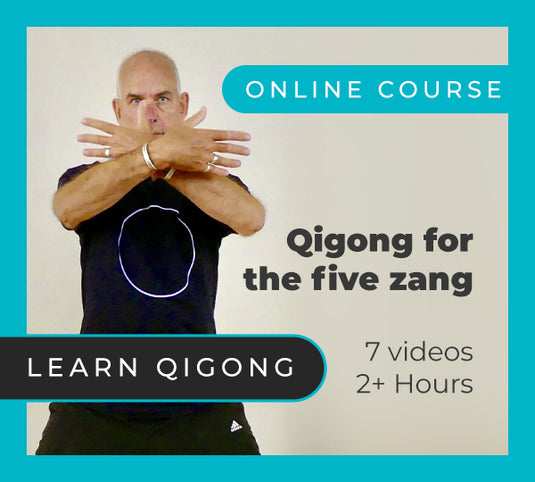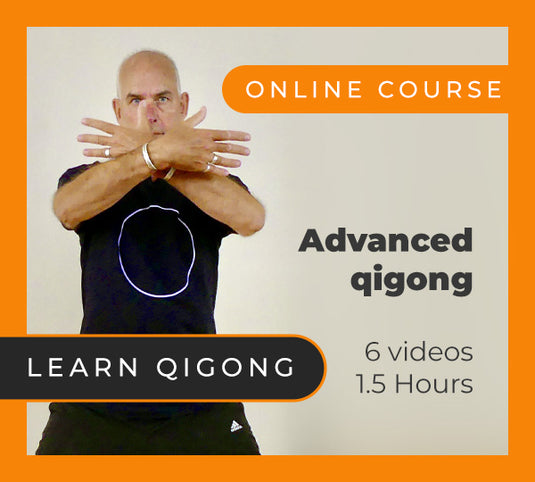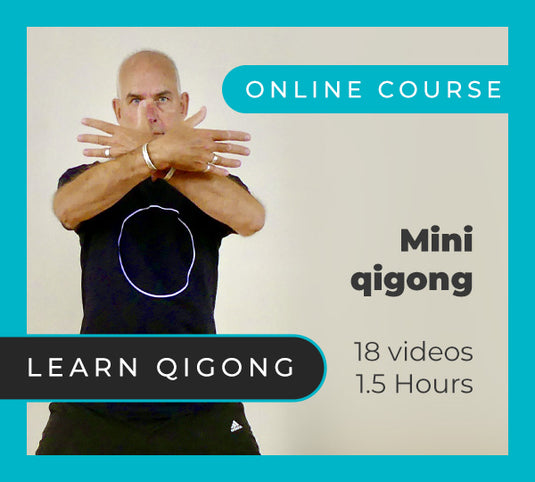It has long been known that deliberate/formal exercise contributes to physical and psychological health. But evidence is mounting that ordinary everyday movement is also an essential contributor to physical and mental health, and that even the most vigorous workout cannot compete with the negative effects of day-long inactivity.
In fact there is evidence that the harder we exercise, the less we tend to move through the rest of the day. We sit more, take the elevator rather than climb stairs, drive rather than walk or cycle and so on. Maybe it’s because our exercise has tired us, or we feel we've done our exercise for the day and that's it.
"The way of nurturing life is to constantly strive for minor exertion but never become greatly fatigued and force what you cannot endure." Sun Simiao, 7th century.
By contrast the Chinese self-cultivation tradition embraces the philosophies of the middle way and of 'stopping before completion'. The ideal is to invigorate without exhausting, and to nourish rather than deplete, while maximising the free flow of qi and blood. Even deliberately causing unnecessary sweating was traditionally frowned upon as it was believed that qi is lost in the process.
So as well as enjoying non-exhausting, nourishing practices such as qigong, we should take the opportunity to move as much as possible during the day. We can walk, lift and carry, bend, twist, reach and climb as we go through our daily lives.
And to enjoy natural movement of this kind for as long as possible, we should incorporate a wide range of gentle joint and connective tissue mobilising movements into our daily qigong practice.
If you would like to follow the teaching of Peter Deadman and learn Qigong, explore all of Peter's Online Video Courses available on Vimeo. 
